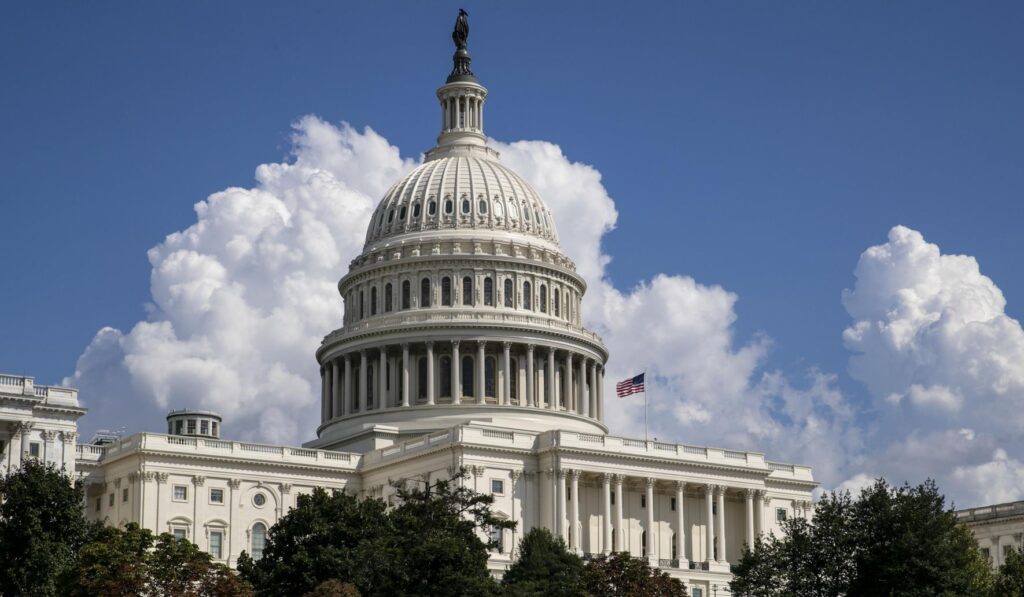The business community has made a clear, public push to get Washington moving again, and that pressure highlights real costs and political choices. Manufacturers from across the country are warning that the stall is damaging supply chains, payrolls, and competitiveness. Lawmakers in both chambers now face a choice: fix the problem or watch American industry lose ground.
The National Association of Manufacturers and 30 state manufacturing groups sent a letter to House and Senate leaders, asking to reopen the government. That unified voice from industry leaders is not idle noise; it represents factories, shop floors, and supply lines that feed the broader economy. When trade associations speak in numbers like that, politicians should listen instead of posture.
The immediate economic toll is tangible: orders delayed, inventory piling up, and production schedules thrown off. Small and medium manufacturers operate on tighter margins and thinner buffers than big firms, so interruptions hit them first and hardest. Every day of uncertainty adds costs that are passed down to workers and consumers.
Workers are not abstract statistics; they are people missing paychecks, overtime, and steady hours because of the standstill. Furloughs and interrupted contracts ripple through local economies where manufacturers are often the largest employers. Republicans understand that keeping payrolls flowing is a core responsibility of government.
Beyond paychecks, certain manufacturing sectors are linked to national security and infrastructure projects that cannot wait. Defense subcontractors and firms producing parts for critical systems face contractual penalties and skill erosion if work is halted. Restoring steady work is about readiness as much as it is about revenue.
On the global stage, a paused US manufacturing base hands advantage to rivals who do not pause. Momentum and market share can be lost in weeks, and rebuilding capacity takes months or years. The letter from manufacturers is essentially a warning that America cannot afford to cede ground while internal politics grind on.
Politically, this is a test of leadership in both the House and the Senate. Constituents see empty factories and worry about their livelihoods, and elected officials will be judged by whether they solved the problem or prolonged it. The signatories make a practical demand, not a partisan rant, and governing means answering practical demands.
Industry groups from 30 states signing a single communication shows the geographic spread of the pain and the shared interest in a swift resolution. State-level manufacturing networks understand local impacts the national press can miss, so their involvement adds urgency and credibility. Lawmakers should weigh that collective perspective against any political advantage of delay.
There are simple, sensible steps lawmakers can take to stabilize operations: temporary funding measures tied to clear timelines, protection for contract work that must continue, and procedural fixes to prevent future shutdowns. Those are pragmatic tools that respect budgets while avoiding unnecessary disruption. Republicans pushing for practical, market-friendly fixes are on the same page as the business groups calling for action.
The core message from manufacturers is straightforward: get work flowing and preserve American industrial strength. That demand aligns with conservative priorities of jobs, security, and a competitive private sector. If leaders want to deliver results, they can start by treating this industry-wide plea with the seriousness it deserves.



